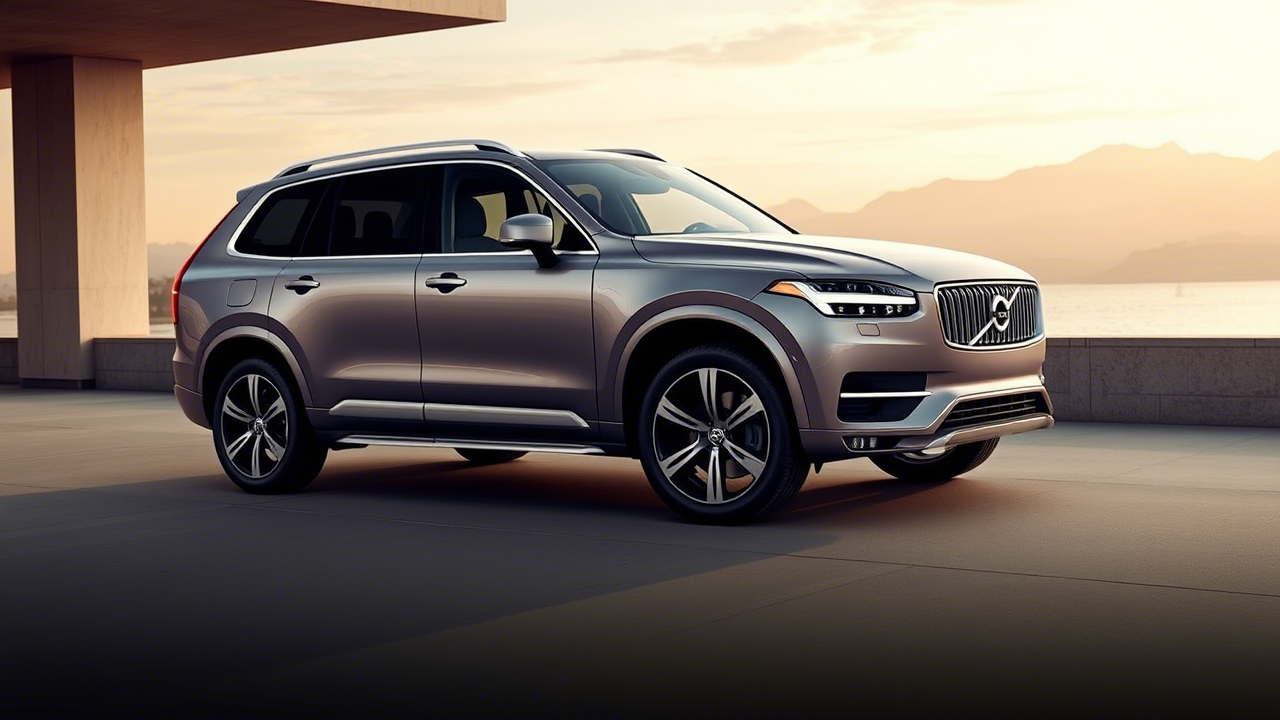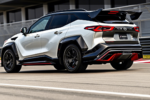The Volvo XC90 is a luxury SUV that combines Scandinavian design, top-tier safety, and cutting-edge technology. But when it comes to long-term ownership, how well does it hold its value? If you’re considering buying an XC90, understanding its resale value and depreciation can help you decide if it’s a smart investment.
Volvo XC90 Depreciation Rate: How Fast Does It Lose Value?
Luxury SUVs typically depreciate faster than mass-market vehicles, but Volvo has built a strong reputation for reliability, which helps maintain its value over time.
Estimated XC90 Resale Value Over the Years
| Age of Vehicle | Estimated Resale Value (% of Original Price) |
|---|---|
| After 1 Year | 80-85% |
| After 3 Years | 65-70% |
| After 5 Years | 50-55% |
| After 7+ Years | 35-40% |
🔹 Key Insight: The XC90 holds its value better than some German competitors like the Audi Q7 and Mercedes-Benz GLE but depreciates slightly faster than the BMW X5 due to brand perception.
Factors That Affect the Volvo XC90’s Resale Value
Several factors determine how well the XC90 retains its resale value in the used car market.
1. Demand in the Used Luxury SUV Market
✔ XC90’s reputation for safety and reliability makes it a popular choice among used car buyers.
✔ The 7-seater configuration increases demand, especially for family buyers.
2. Variant & Engine Type
✔ Petrol mild-hybrid (B6 Ultimate) variant is the only option in India, making it easier to sell.
✔ Plug-in hybrid (Recharge T8) variants tend to hold their value better in markets where EVs are encouraged.
3. Maintenance & Service History
✔ A well-maintained XC90 with a full service record will command a higher resale price.
✔ Volvo’s prepaid service plans can make ownership more cost-effective, improving resale value.
4. Warranty & Insurance
✔ Vehicles with extended warranty coverage have higher resale appeal.
✔ Low-accident history and comprehensive insurance records also improve resale value.
Comparison: Volvo XC90 vs. Competitors in Resale Value
| SUV Model | Resale Value After 5 Years |
|---|---|
| Volvo XC90 | 50-55% |
| BMW X5 | 55-60% |
| Audi Q7 | 45-50% |
| Mercedes-Benz GLE | 45-50% |
| Lexus RX | 55-60% |
🔹 Key Insight: The XC90 holds its resale value better than the Audi Q7 and Mercedes GLE but slightly lags behind the BMW X5 and Lexus RX.
Is the Volvo XC90 a Smart Long-Term Investment?
✅ Pros (Why It’s a Good Investment)
✔ High safety standards make it attractive in the used market.
✔ Good resale value compared to other luxury SUVs.
✔ Lower maintenance costs than some German rivals.
✔ Hybrid options (globally) improve future demand.
❌ Cons (What to Consider Before Buying)
❌ Slightly higher depreciation than BMW X5 or Lexus RX.
❌ Limited brand perception compared to Mercedes or BMW.
❌ No diesel option in India, which could affect demand for long-distance drivers.
Final Verdict: Should You Buy the Volvo XC90 for Resale Value?
⭐ Final Rating: 4.3/5
✔ Great for buyers looking for a safe, luxury SUV with good long-term value.
✔ Holds resale value better than most competitors, but still depreciates faster than Lexus or BMW.
✔ Best for owners who plan to keep it for 5+ years and maintain it well.
🔹 If you prioritize resale value, the Lexus RX or BMW X5 may be slightly better. However, if you want a luxurious, safe, and well-rounded SUV, the Volvo XC90 is a solid investment.
🚗 Would you choose the Volvo XC90 over its competitors? Let us know your thoughts!



